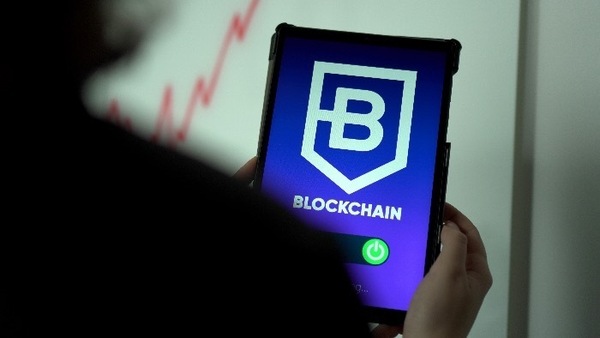
Blockchain is now considered the frontier technology for sustainability and economic growth by the United Nations (UN, 2018). Dealing with cryptocurrencies and mainly with bitcoin, blockchain first started as a ledger for such technologies. Nowadays, blockchain is massively expanding beyond the financial sector into various types of industries including, the food industry. Generally, “blockchain is a trustless computing infrastructure for large-scale applications that have the potential to solve fundamental trust issues and allows financial transactions without intermediaries” (Tang et al., 2020, p.603). Blockchain startups are generating worldly and innovative solutions to unprecedented challenges. For instance, blockchain is fighting hunger in Jordan. In Jordan's Azraq Syrian refugee camp, around 10,000 refugees are purchasing food using a blockchain platform (WFP, 2017).
“Openness, decentralization, transparency, pseudonymity, and immutability are the fundamental merits that distinguish blockchain from other traditional computing solutions” (Tang et al., 2020, p.605). However, the negative impacts of blockchain are not yet defined and addressed. Likewise, the minimal focus has been placed on the ethics of blockchain and what potential consequences it might have on people and communities. Accordingly, this case study focuses on the ethical implications of blockchain in the food supply chain.